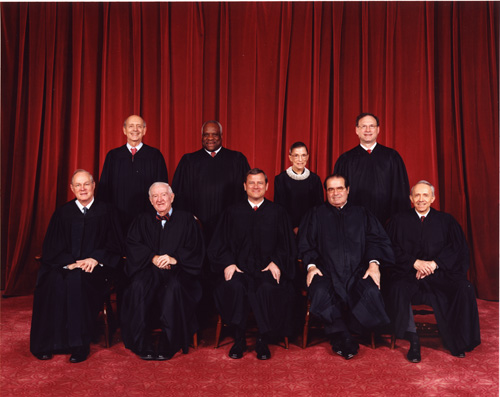








Citizens United, a nonprofit corporation, created a film titled Hillary: The Movie. The movie provided a critical commentary about then-Senator Hillary Clinton, who was a candidate for president. The company wanted to broadcast the film in 2008 before the election. But doing so would be illegal under BCRA. Why? Section 441b of BCRA prohibited corporations from making certain independent expenditures to support candidates for federal office. Because the movie opposed Clinton’s candidacy, and was produced with funds from a corporation, it fell within Title II’s definition of an “electioneering communication.” Therefore, Citizens United could not broadcast it during an election year. To avoid criminal liability, the corporation asked a federal court to determine whether the First Amendment protected its right to broadcast the film. Citizens United lost in the lower court. The District Court for the District of Columbia concluded that the prohibition on “electioneering communications” was constitutional under McConnell.
On appeal, the Supreme Court reversed McConnell in part. A 5-4 majority held that the ban on electioneering communications was unconstitutional. Justice Kennedy wrote the majority opinion. He was joined by Chief Justice Roberts, and Justices Scalia, Thomas, and Alito.